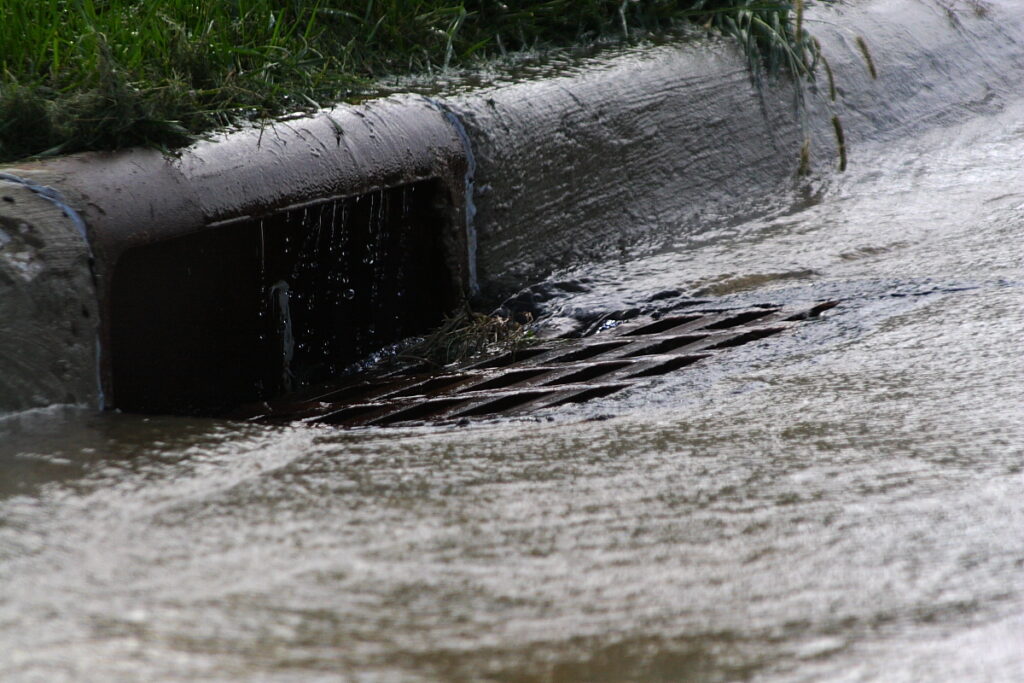
Water quality remains a critical issue in urban India, where rapid urbanization often outpaces infrastructure development. The consequences of poor water quality are significant, affecting public health, economic productivity, and environmental sustainability. Addressing these challenges requires a multi-faceted approach involving improved infrastructure, public awareness, and sustainable practices.
Common Water Quality Issues:
Pollution and Contamination: Urban areas face extensive pollution from industrial discharges, sewage, and improper waste disposal. This contamination includes heavy metals, pathogens, pesticides, and chemicals, making water unsafe for consumption without treatment.
Inadequate Infrastructure: Many urban areas lack proper sewage treatment plants and systems for safe disposal of industrial waste, leading to direct discharge into water bodies and groundwater contamination.
Groundwater Depletion: Over-extraction of groundwater due to urban demands lowers water tables and increases the concentration of contaminants in available water sources. As urban areas expand rapidly and demand for water increases, excessive pumping of groundwater leads to declining water levels. This phenomenon intensifies the concentration of pollutants such as heavy metals, nitrates from fertilizers, and industrial chemicals in the remaining groundwater sources.
Urban Runoff: Paved surfaces and inadequate drainage systems cause urban runoff, carrying pollutants like oil, heavy metals, and debris into water sources during rain events. This runoff accumulates pollutants like heavy metals, oils, debris, and chemicals from urban environments, which then contaminate rivers, lakes, and groundwater reserves.

Solutions for Improving Water Quality:
1. Enhanced Water Treatment: Implementing advanced water treatment technologies at centralized facilities can significantly improve water quality. This includes processes like reverse osmosis, UV treatment, and activated carbon filtration to remove contaminants.
2. Strengthening Infrastructure: Investing in sewage treatment plants and upgrading existing infrastructure for efficient waste management can prevent untreated sewage from entering water bodies.
3. Rainwater Harvesting: Promoting rainwater harvesting systems in urban areas helps recharge groundwater and reduces dependency on external water sources. It also mitigates urban runoff by capturing rainwater for domestic use.
4. Community Awareness and Education: Educating the public about the importance of water conservation, proper waste disposal, and the use of water purifiers can reduce pollution at the source and encourage responsible water usage.
5. Sustainable Urban Planning: Integrating water management into urban planning ensures that new developments include provisions for wastewater treatment and sustainable water use practices. It emphasizes compact development to minimize urban sprawl and optimize land use efficiency through mixed-use zoning.
6. Household Water Filtration: Encouraging the use of household water filtration systems such as activated carbon filters or reverse osmosis units can improve drinking water quality at the point of use.
7. Monitoring and Regulation: Implementing stringent water quality monitoring mechanisms and enforcing regulations on industrial discharge and waste disposal are crucial for maintaining water quality standards.

Conclusion:
Addressing water quality challenges in urban India requires a comprehensive approach that combines technological advancements, infrastructure development, public participation, and policy interventions. By prioritizing sustainable water management practices and investing in the necessary infrastructure, urban areas can ensure safe and reliable access to clean water for their populations. Continued efforts towards improving water quality will not only safeguard public health but also contribute to the overall development and sustainability of urban communities in India.


